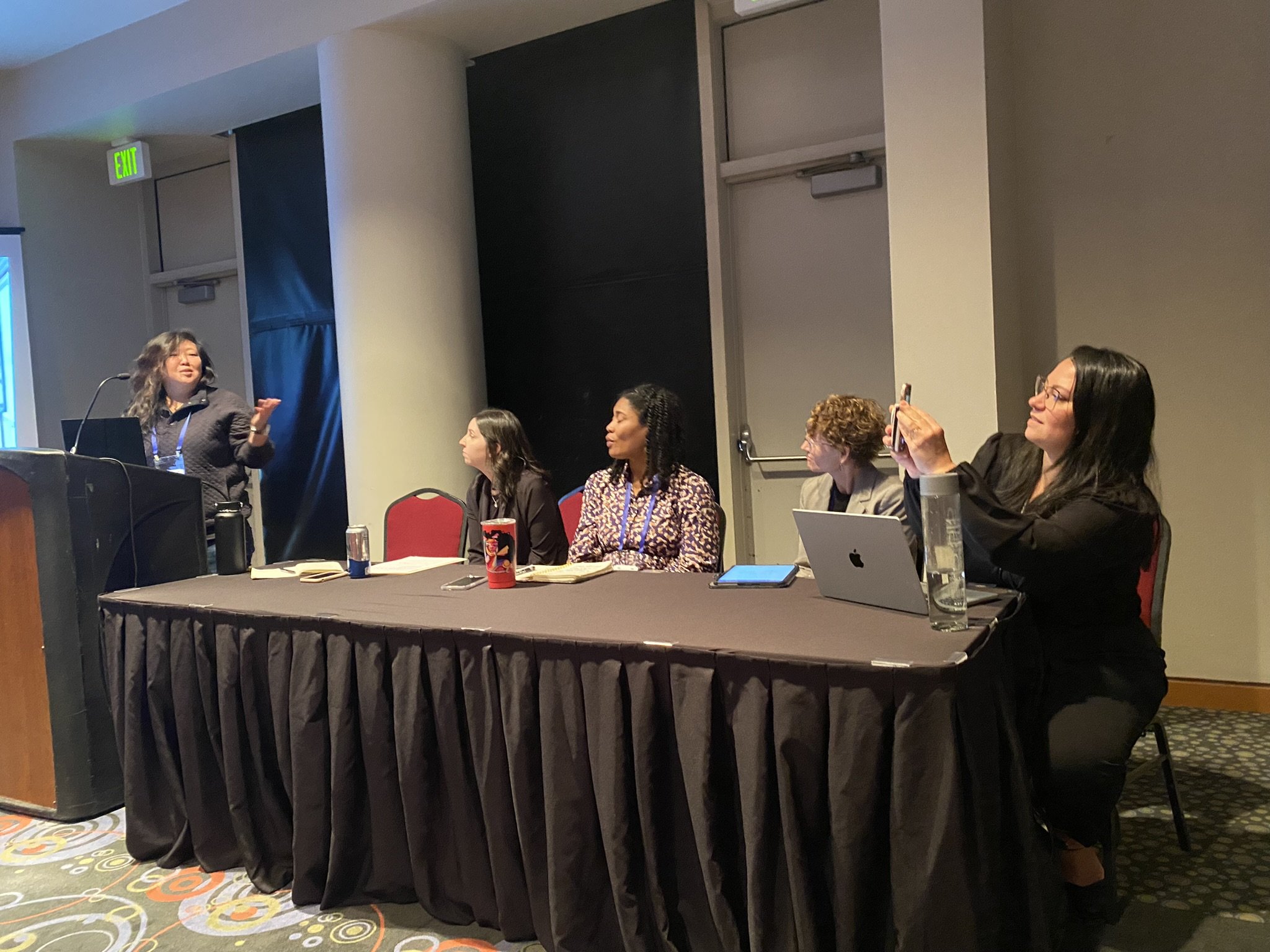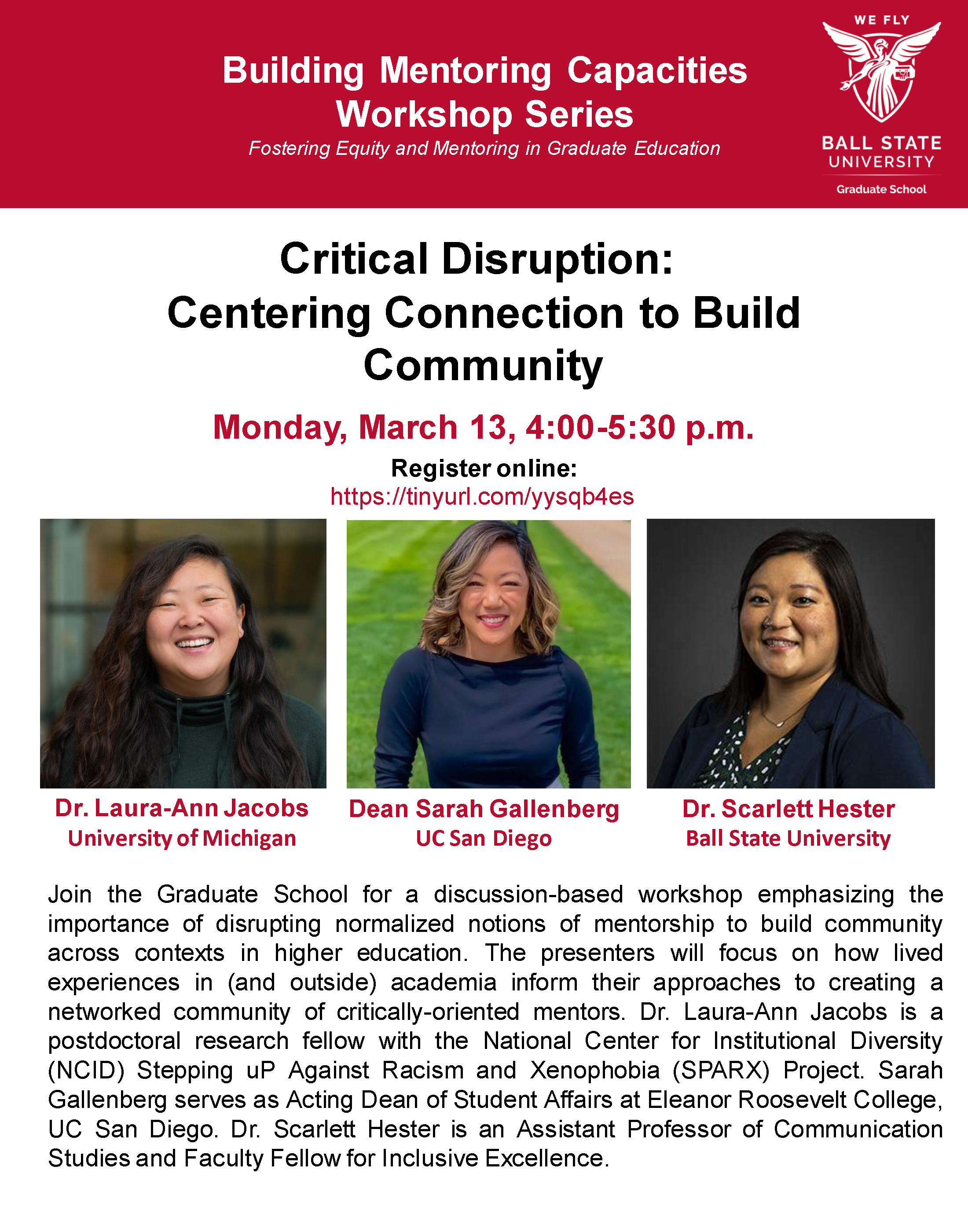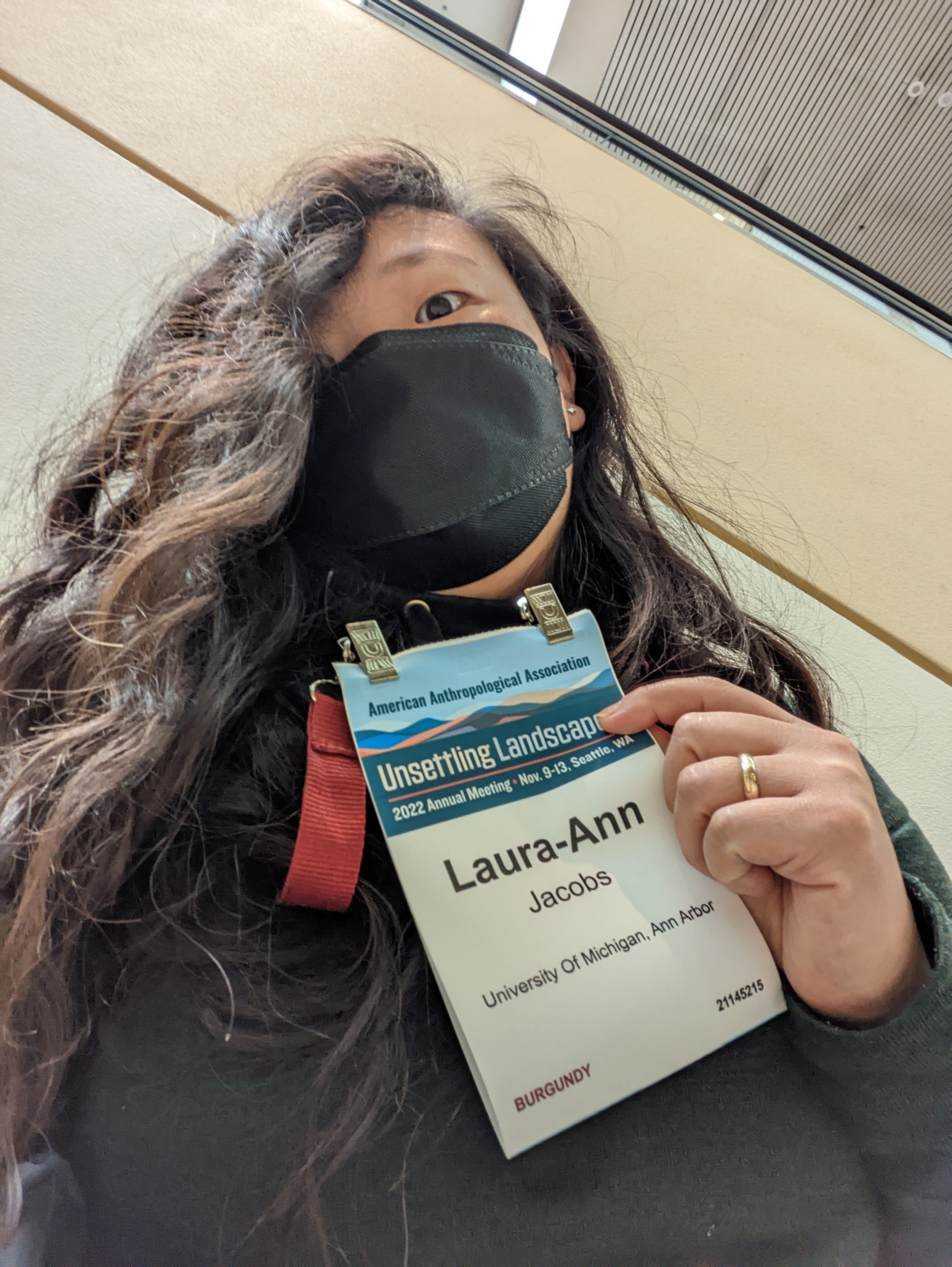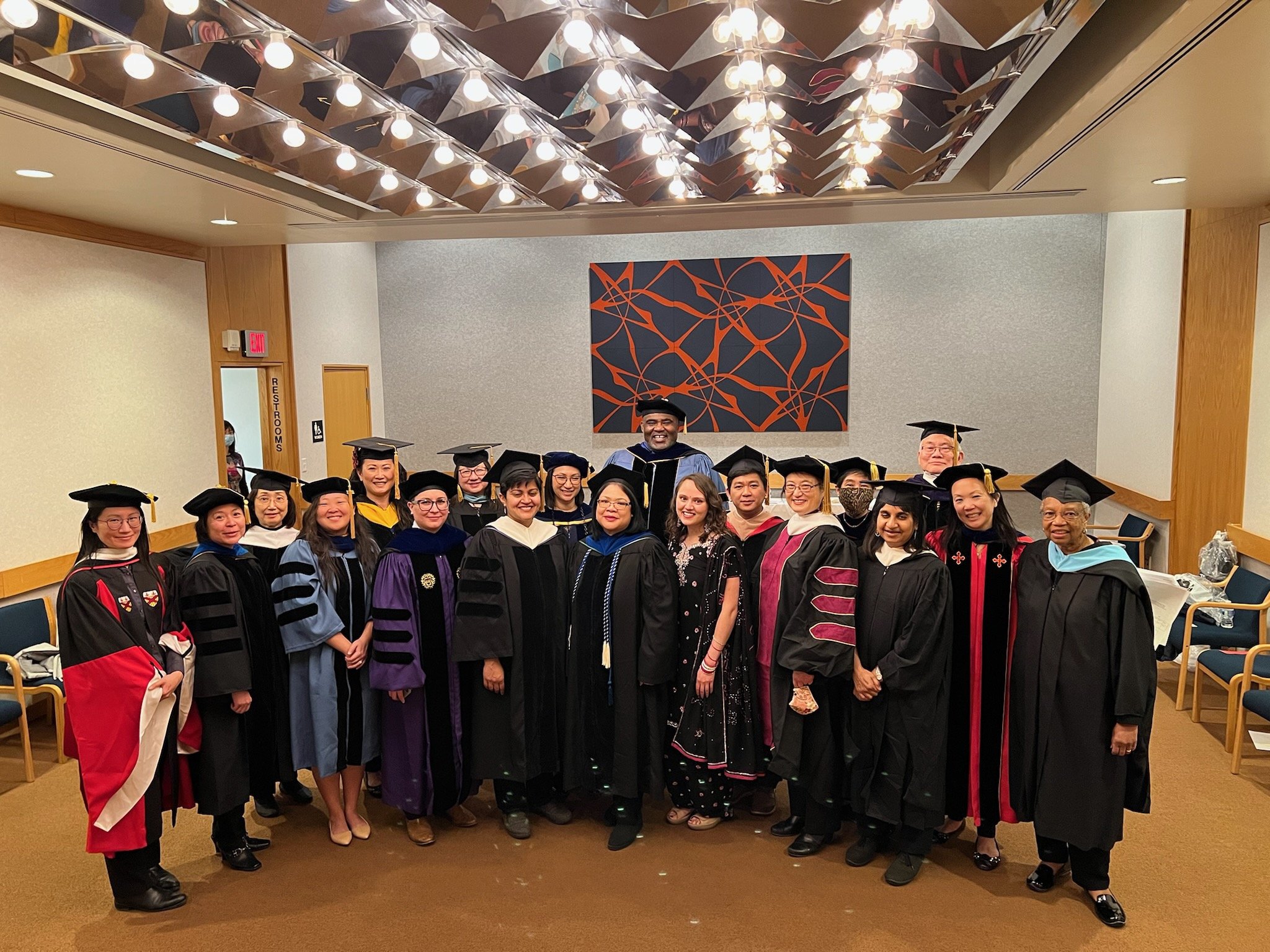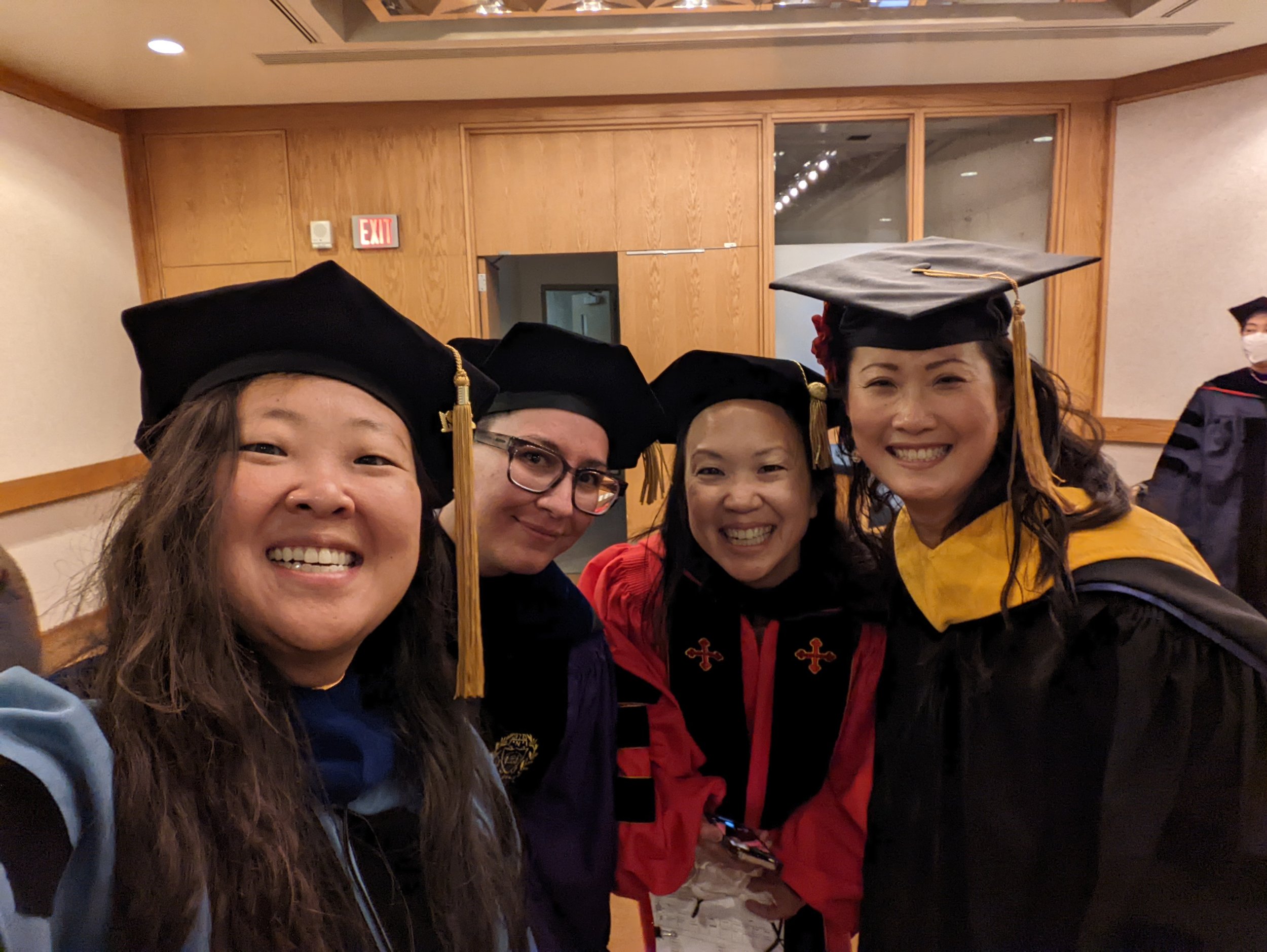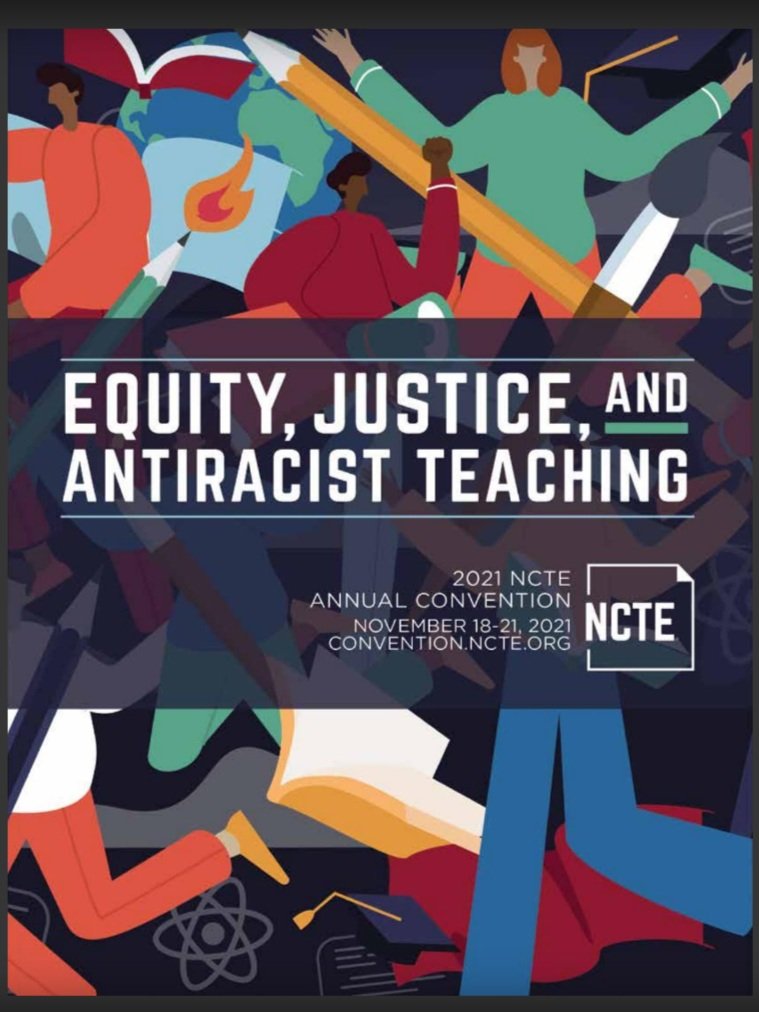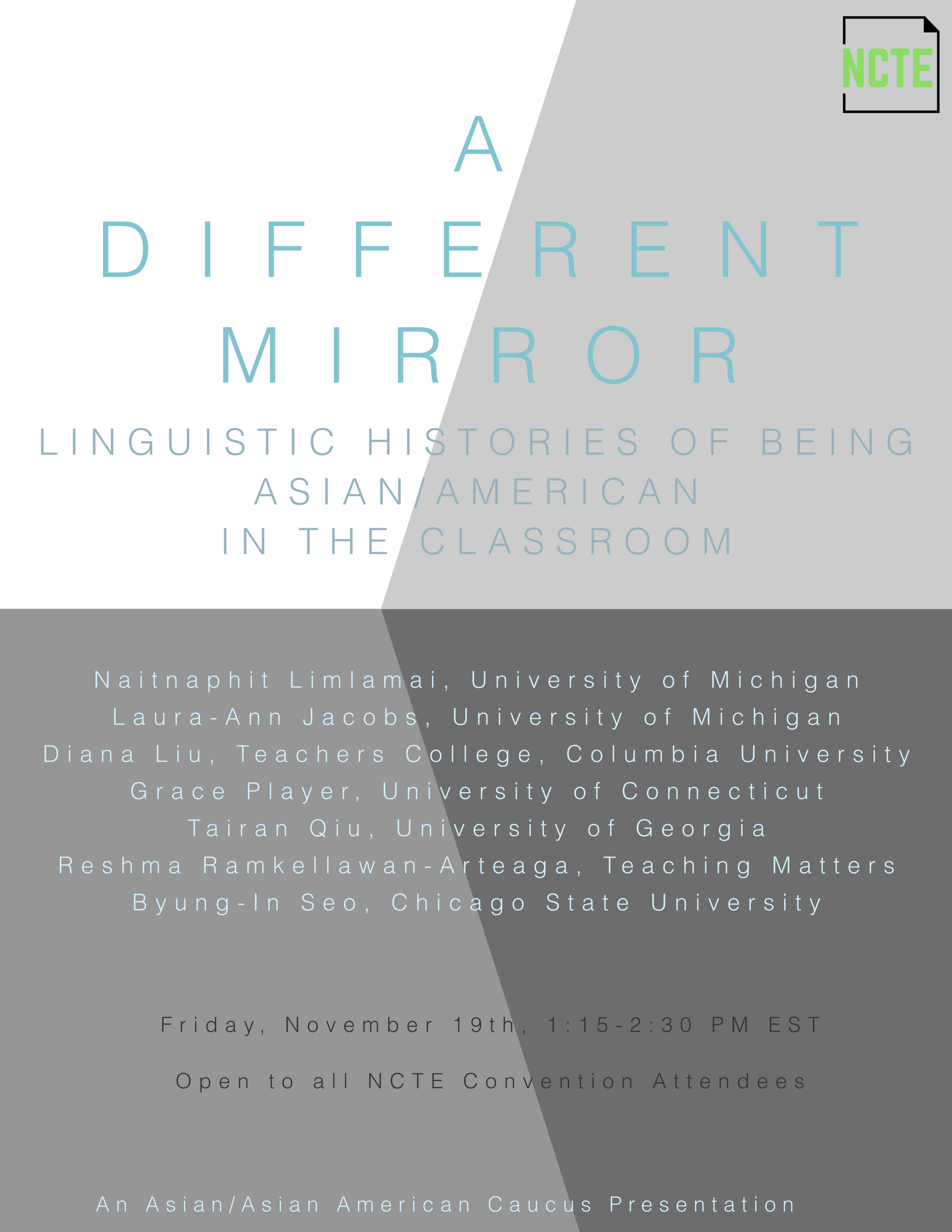DESCRIPTION:
As Nelson Mandela stated, “no one is born hating another person because of the color of his skin;” yet, racism and xenophobia perpetuates in individuals and systems. How are racism and xenophobia learned, and how can they be unlearned, in childhood and adolescence? How can we effectively disrupt the effects of racism and xenophobia on children and adolescents? Many schools and policymakers attempt to address racism and xenophobia. Yet, they often rely on anecdotal suggestions instead of scientifically-informed best practices and intervention approaches.
The Stepping uP Against Racism and Xenophobia (SPARX) Project involves a collaborative of scholars and community members who are committed to promoting antiracist and antixenophobic competencies in children. Dr. Deborah Rivas-Drake, 2022 Research and Community Impact Fellow, will moderate a panel discussion focusing on how to develop and maintain university-partnerships that center community members’ voices, concerns, and priorities. Panelists include Drs. Andrew Grant-Thomas, Laura-Ann Jacobs, and Gabriela Livas Stein, who will share their experiences communicating and connecting anti-racist and anti-xenophobic research to practice with parents, caregivers, and educators.
MODERATOR:
Dr. Deborah Rivas-Drake: Deborah Rivas-Drake, PhD, is the Stephanie J. Rowley Collegiate Professor of Education and Professor of Psychology at the University of Michigan. The overarching goal of her work is to illuminate promising practices that disrupt racism and xenophobia and help set diverse young people on trajectories of positive contribution to their schools and communities. In addition to more than 90 publications, reports, briefs, and the award-winning co-authored book Below the Surface: Talking with Teens about Race, Ethnicity, and Identity, she has lent her expertise more broadly by collaborating with school leaders and district policymakers to develop translational activities for educators; in writings and webinars for parents and educators; and by consulting on race and ethnicity issues in youth for non-profit organizations, youth program developers, and industry.
PANELISTS:
Dr. Andrew Grant-Thomas: As co-founder and co-director of EmbraceRace, Andrew (he/him) leads efforts to support parents, educators, and other caregivers to raise children who are thoughtful, informed, and brave about race in the United States. Andrew is dad to Lola and Lena, a partner to Melissa, an only child, a Black man of Jamaican origins in the United States, born on the 4th of July. In stops that include the Harvard Civil Rights Project, the Kirwan Institute for the Study of Race & Ethnicity, the Proteus Fund, and now EmbraceRace, he champions efforts he believes can make a meaningful difference for real people and communities — not 100 years from now, but in his lifetime and the lifetimes of his two tween children. Andrew earned his PhD in political science from the University of Chicago.
Dr. Laura-Ann Jacobs: Laura-Ann is a postdoctoral research fellow with the National Center for Institutional Diversity's Anti-Racism Collaborative and Stepping uP Against Racism and Xenophobia (SPARX) Project. Laura-Ann is a Korean American adoptee. She grounds her work in the qualities of creativity, compassion, and connectedness, and her research pursues questions about how people learn about their identities, how they choose to share their stories, and how they make their mark on the world. Laura-Ann graduated in 2021 from the University of Michigan with a doctorate in educational studies with a specialization in literacy, language, and culture. Her dissertation focused on preparing secondary English language arts teachers for antiracist pedagogical change for the purposes of disrupting educational inequity and creating spaces for students to explore and express themselves. Her current work centers around how people individually and collectively translate our stated commitments of justice into action for the purpose of social change.
Dr. Gabriela Livas Stein: Dr. Gabriela Livas Stein is a licensed psychologist and professor and of psychology at the University of North Carolina at Greensboro. Dr. Stein specializes in cultural resilience in communities of color — especially Latinx youth and their families. She also does research on mental health access and prevention programs for Latinx families. Clinically, she specializes in the provision of therapeutic services to Latinx families, and provides training to providers working with Latinx communities.
Click here to learn more about the Anti-Racism Collaborative
Click here to learn more about the Research and Community Impact Fellows









